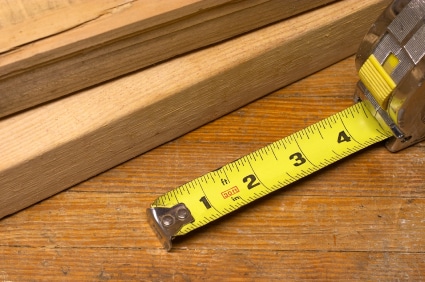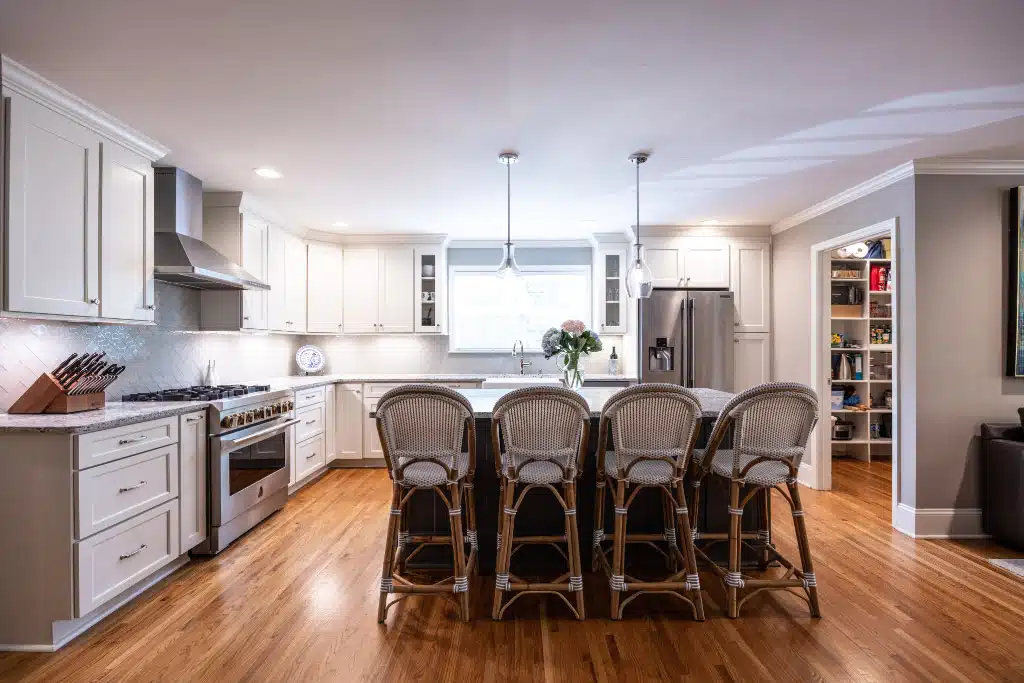
Up to code
To some novice homeowners undertaking their first renovation project, there’s simply no more discouraging news than learning that their project has to be brought “up to code.” They often hear this mysterious phrase and mistakenly view it as money literally flying out of the window. What they don’t understand is that building codes are actually a homeowner’s best friend; they are put in place to protect the safety and welfare of a home’s inhabitants. Elements that don’t meet code – whether they are structural, electrical, or related to any of the myriad other systems that comprise a home – need to be changed for a whole host of safety reasons. What homeowners often stumble over are the whys, whens and hows of building codes.
Why do things need to be changed?
Changes in electrical code, just like other building codes, are driven by innovations in the field, what we learn about safety, and yes, even insurance companies who want to safeguard their investments. Here’s a real world example of why seemingly inconvenient code changes make sense: As recently as the 90s, it was common practice to tie all of a home’s garage and exterior outlets into a single GFI (Ground Fault Interrupter) circuit in a kitchen or bathroom.
Code changes just this year now require that those external circuits not be linked to internal circuits and that bedrooms and bathrooms be on their own AFCIs (Arc-Fault Circuit Interrupters). Why the change? Think about the conditions that exterior electrical outlets are exposed to – there’s a good chance that at some point they will be exposed to moisture, which could damage the circuit or even cause a fire hazard. The new ACFIs will automatically shut off if they detect even a slight bit of moisture or other problems in the circuit –before the problem can cause a fire. Which means that your bedrooms, and the people who reside in them, are much safer.
When do things need to be changed?
Many people have a misconception that their house should be “grandfathered in,” or exempt from changes in code. While certain things may be, the general rule is that if your contractor is working with the circuit, wall, pipe or any other element in question, it has to be brought up to current code. Let’s consider those electrical circuits again.
In one kitchen renovation, we had to split one of those outdated circuits that was connected to an exterior outlet. Since we were dealing with that particular circuit, it came under the new regulations. Why? Because a building inspector has to come out, look at the work that was done and sign off on it stating that it meets current requirements. If there had been a similar circuit in another area of the house that we were not working with, it technically would have been fine to stay as is it was. Whether you’d want to make the change for your own safety would then be your choice, (and at about $250, it’s a small price to pay for peace of mind).
How do changes need to be made?
For the safest and most efficient results, your project should always be completed by a licensed, qualified professional who is well acquainted with current codes. If you hire someone who is not, your project could drag on much longer – costing you time and money – as your contractor redoes work just to pass inspections. It should go without saying that hiring an unlicensed contractor or handyman is always a bad idea. These people may tell you that you don’t need to pull a permit or pass an inspection and that they are trying to save you money by not doing so. This is really a red flag that they don’t know what they are doing, and therefore don’t want to go through an inspection process they know they would fail – especially if they are not properly licensed and insured to do so. These types of people don’t save you money, they cost you safety.
We recently were in one house that had exposed electrical wires dangling outside the garbage disposal, a damp and thus dangerous place for exposed wires. What was most troubling is that this family had a young daughter – imagine what would have happened if she had reached under the sink and touched those wires! Another young couple hired a friend to handle their wiring. We found exposed, raw hot wires that had not even been capped inside their drop ceiling. What these families gained in bottom-line price savings, they more than lost in safety. So be sure you hire a professional who understands current building, electrical and plumbing codes for your next project, and you’ll never dread that phrase again!






